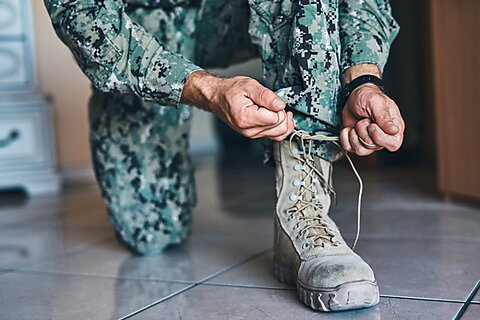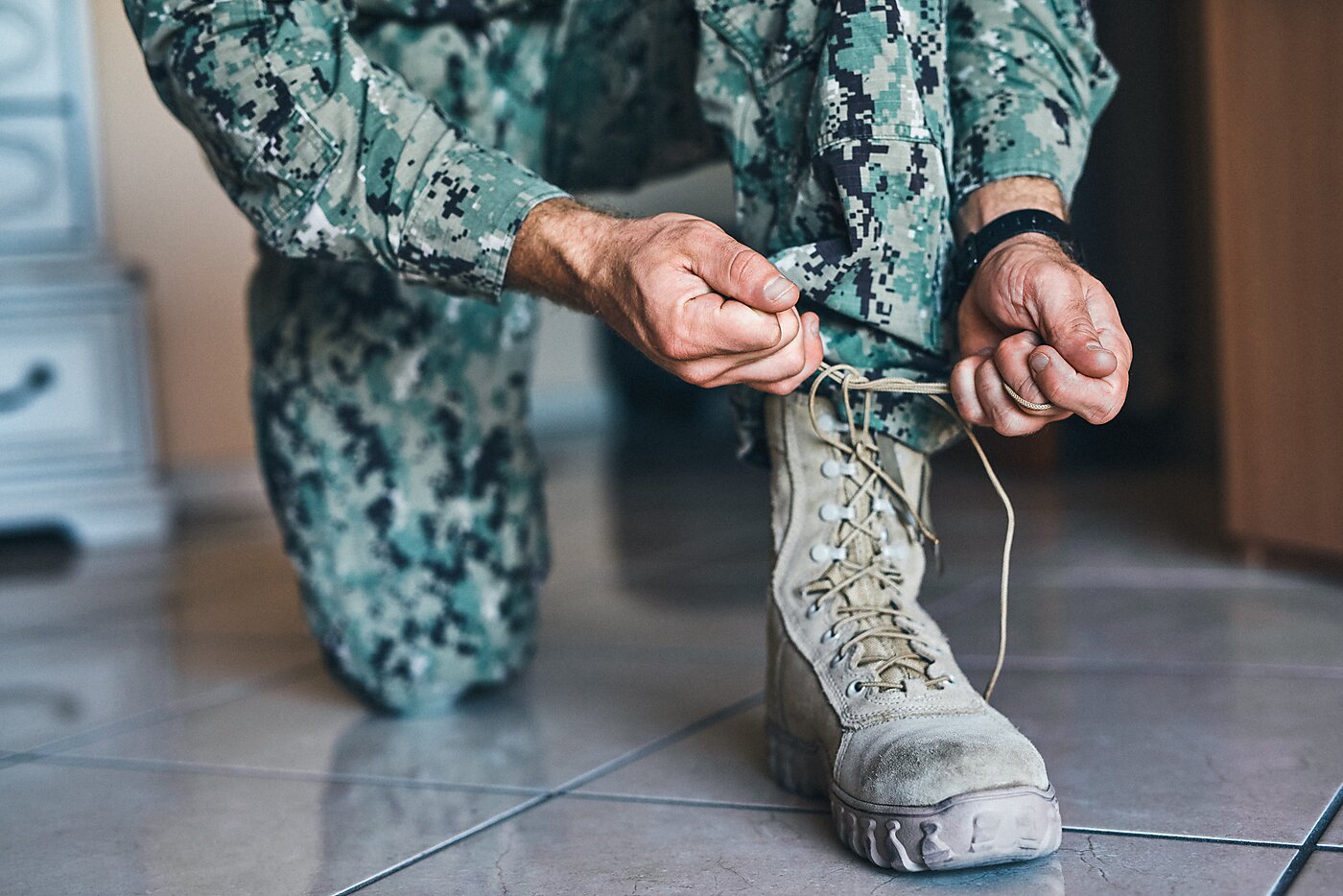Earlier this month, The Hill published an op-ed I wrote about the dangers of the protectionist BOOTS Act, a recently introduced bill that would forbid members of the US military from purchasing foreign-made boots. Here’s the gist:
Introduced earlier this year, the proposed legislation would prohibit U.S. servicemembers in uniform from wearing any “optional boot” — that is, boots not formally issued but still permitted — unless the footwear is manufactured entirely in the U.S. Supporters claim the measure promotes quality and readiness, but it’s really just a protectionist giveaway to domestic bootmakers that will limit soldiers’ choices, increase their costs, and put their well-being at risk.
At the BOOTS Act’s core is an age-old protectionist formula: It would restrict the market under the guise of patriotism and funnel profits to politically connected industries.
In this case, the primary beneficiaries are U.S. boot manufacturers who, unsurprisingly, are lobbying hard for the bill’s passage. They stand to gain handsomely by locking out foreign competitors and forcing tens of thousands of American troops to buy from a narrow set of approved vendors.
Although protectionism as a general proposition is contemptible, this is far worse. You can’t get much lower than trying to make a buck off servicemembers at the expense of their health and performance, which is exactly what restrictions on their footwear options will do.
After submitting the op-ed, I had a long conversation with retired Master Sergeant Michael MacKay about the proposed legislation and would like to share his informed perspective. In short, he’s not a fan. MacKay, a Marine Corps special forces veteran with eight overseas deployments (six in combat zones), knows from experience just how vital proper footwear is to mission success. And according to him, the BOOTS Act would be nothing more than an obstacle to ensuring servicemembers can find it.
As he put it, a soldier’s feet are “where the rubber meets the road.” Military service demands a lot of marching, and even more for special forces. Just qualifying for elite units requires candidates to pass grueling physical tests, including long-distance marches with heavy gear. And the challenges only intensify once they’re in.
MacKay recalled, for example, a five-day patrol in Afghanistan and marches that included tramping through raw sewage. Plenty of other time is spent jumping out of airplanes and swimming in the ocean. All of this, MacKay stressed, “requires a level of equipment and human performance that I don’t think people understand.”
So great is the need for proper equipment that servicemembers often spend hundreds, even thousands, of their own dollars on buying gear, including boots, which are often from top foreign brands. Why? because they work.
Under the BOOTS Act, such footwear would be off-limits. According to MacKay, the impact of this prohibition could be serious.
Every soldier’s feet are different, and it often takes trying five to ten pairs to find the right fit. Picking the wrong pair, he warned, can leave your feet “looking like ground beef.” MacKay recalled the example of one soldier who set out on a particularly grueling march that resulted in over a dozen broken bones in her feet, all of which could have been avoided with the right footwear.
That’s bad enough in training, but in combat it could be catastrophic. “If your feet are torn up and you’re halfway through a mission, you’re slower, more vulnerable to infection, and a liability,” MacKay said. “Why would we even consider taking away that kind of footwear flexibility, especially when the commercial market is willing and able to provide it?”
That’s a good question. MacKay, who has an MBA and considerable policy experience, in addition to being a combat veteran, has more.
For instance, has limiting a market to a few producers ever spurred innovation or improved supply chains? What’s the likelihood that those companies will invest in R&D or maintain surge capacity if they face no real competition?
Most pointedly, what does it say about a company’s product if it can only succeed by banning its competitors? MacKay’s response was blunt: “If you have to be forced to buy a product, it’s probably suboptimal.”
US servicemembers deserve better than suboptimal. And backers of the BOOTS Act should rethink their support of this ill-advised legislation.



















